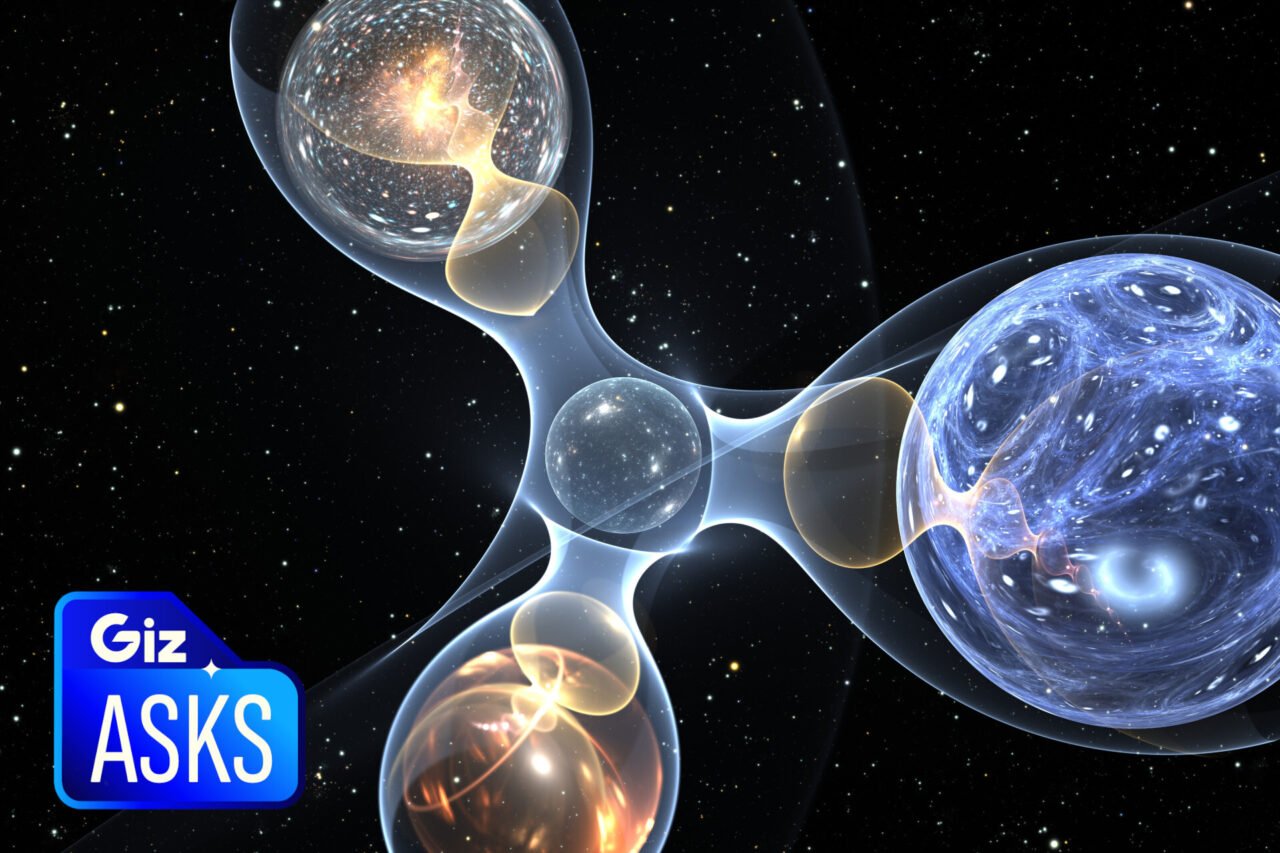BREAKING NEWS: Physicists are urgently re-evaluating the relevance of string theory, a once-celebrated framework in theoretical physics. Leading experts, including renowned physicists from institutions such as California Institute of Technology and University of California, Irvine, have expressed their thoughts on the evolving landscape of this controversial theory.
String theory, which proposes that the fundamental building blocks of matter are one-dimensional “strings” rather than point-like particles, has been a pivotal topic in unifying quantum mechanics and general relativity. Initially met with excitement during the superstring revolutions of the 1980s and 1990s, the theory has since faced scrutiny and a decline in popularity.
Recent discussions amongst prominent physicists—like John H. Schwarz, who ignited the first superstring revolution in 1984, and Hiroshi Ooguri, a key contributor to string theory’s mathematical foundations—have highlighted the pressing question: Is string theory still the leading candidate for a theory of everything?
New reports indicate a significant shift. Peter Woit, a mathematician and physicist at Columbia University, argues that alternatives to string theory are gaining traction, raising doubts about its dominance. He notes, “The excitement surrounding string theory has diminished, leading many to explore rival theories like loop quantum gravity.” This sentiment is echoed by Carlo Rovelli, a leading figure in loop quantum gravity, who emphasizes the need for fresh perspectives in theoretical physics.
Experts like Daniel Whiteson from the ATLAS Collaboration at CERN acknowledge that while string theory isn’t dead, it faces tough competition. “The landscape is evolving, and we must adapt our approaches to understand the universe,” he states.
This reassessment comes amid a notable decline in the public discourse surrounding string theory, as reflected in Google’s Ngram viewer, which shows a staggering drop in mentions over the past decade. As the scientific community grapples with these developments, the urgency to find a unified theory remains at the forefront.
Physicists are not abandoning their quest for a comprehensive understanding of the universe. Instead, they are exploring diverse theories that may provide better insights. Thomas Van Riet from Leuven University highlights the importance of this shift: “We are entering a new era in theoretical physics where multiple avenues are being explored.”
What does this mean for the future of string theory? The ongoing discussions among leading physicists suggest that while the theory may have lost prominence, it still plays a crucial role in guiding new research and understanding of fundamental physics.
As this story develops, the scientific community will continue to watch closely. What will emerge as the leading theory? Will string theory reclaim its status, or will new contenders reshape our understanding of the universe? Stay tuned for updates on this critical topic in physics.
The conversation is far from over, and the implications are significant for both scientists and enthusiasts alike. Share your thoughts on social media and join the discussion about the future of string theory in the quest for a theory of everything.
